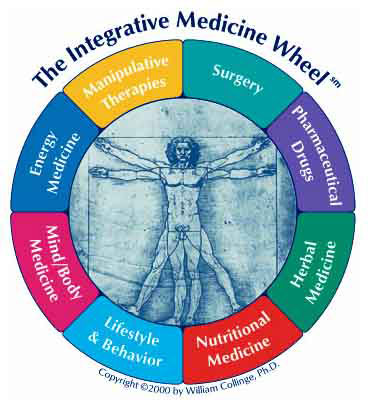Elevate Your Mood: Effective Mental Health Practices
Subheading 1: Understanding Mental Health
Mental health is an essential aspect of overall well-being, yet it often goes overlooked. It encompasses emotional, psychological, and social well-being, influencing how we think, feel, and act. Understanding the importance of mental health is the first step towards improving it. It’s about acknowledging that just like physical health, mental health requires attention and care.
Subheading 2: Prioritizing Self-Care
Self-care is crucial for maintaining good mental health. It involves activities and practices that promote relaxation, stress reduction, and overall well-being. This could include activities such as mindfulness meditation, yoga, journaling, or simply taking time to engage in hobbies or activities that bring joy and fulfillment. Prioritizing self-care allows us to recharge and rejuvenate, helping to prevent burnout and improve our mood.
Subheading 3: Building Resilience
Resilience is the ability to adapt and bounce back in the face of adversity or challenges. It’s an essential skill for coping with life’s ups and downs and maintaining good mental health. Building resilience involves developing healthy coping mechanisms, cultivating a positive mindset, and seeking support when needed. By strengthening our resilience, we can better navigate stressors and setbacks, ultimately improving our mood and well-being.
Subheading 4: Nurturing Social Connections
Human beings are inherently social creatures, and our relationships play a significant role in our mental health. Nurturing social connections, whether with friends, family, or community, can have a profound impact on our mood and well-being. Spending quality time with loved ones, engaging in meaningful conversations, and seeking support during challenging times can provide comfort and validation, helping to elevate our mood and improve our mental health.
Subheading 5: Seeking Professional Help
Sometimes, despite our best efforts, we may find ourselves struggling with our mental health. In such cases, seeking professional help can be incredibly beneficial. Whether it’s through therapy, counseling, or medication, trained professionals can provide guidance, support, and treatment options tailored to our specific needs. Taking the step to seek help is a sign of strength, not weakness, and can lead to significant improvements in our mood and overall well-being.
Subheading 6: Practicing Gratitude
Practicing gratitude involves intentionally focusing on the things we’re thankful for in our lives. It’s a simple yet powerful practice that can have a profound impact on our mental health. By shifting our focus from what we lack to what we have, we cultivate a greater sense of contentment and appreciation. This, in turn, can elevate our mood, reduce stress, and improve our overall outlook on life.
Subheading 7: Engaging in Physical Activity
Physical activity isn’t just beneficial for our physical health; it also plays a significant role in our mental well-being. Exercise has been shown to release endorphins, chemicals in the brain that act as natural mood lifters. Whether it’s going for a walk, hitting the gym, or practicing yoga, finding ways to incorporate regular physical activity into our routine can help boost our mood and reduce symptoms of anxiety and depression.
Subheading 8: Setting Boundaries
Setting boundaries is essential for maintaining good mental health, yet it’s something many of us struggle with. Boundaries help protect our time, energy, and emotional well-being by defining what is and isn’t acceptable in our relationships and interactions. Whether it’s saying no to additional commitments, limiting our exposure to toxic people or situations, or prioritizing our own needs, setting boundaries allows us to preserve our mental health and cultivate a greater sense of self-respect and self-worth.
Subheading 9: Practicing Mindfulness
Mindfulness involves paying attention to the present moment with openness, curiosity, and acceptance. It’s a practice that can help reduce stress, anxiety, and rumination while promoting greater calmness, clarity, and emotional balance. Whether through formal meditation practice or simply being more present in our daily activities, incorporating mindfulness into our lives can help elevate our mood and improve our overall mental health.
Subheading 10: Embracing Self-Compassion
Self-compassion involves treating ourselves with kindness, understanding, and acceptance, especially during times of struggle or difficulty. It’s about recognizing our own humanity and inherent worth, regardless of our perceived flaws or shortcomings. By cultivating self-compassion, we can counteract negative self-talk, reduce feelings of shame and inadequacy, and foster a greater sense of resilience and well-being.
In conclusion, elevating our mood and improving our mental health requires a multifaceted approach that encompasses self-care, resilience-building, social connections, professional support, gratitude, physical activity, boundary-setting, mindfulness, and self-compassion. By prioritizing these effective practices in our daily lives, we can cultivate greater resilience, happiness, and well-being, ultimately leading to a more fulfilling and meaningful life. Read more about steps to improve mental health




